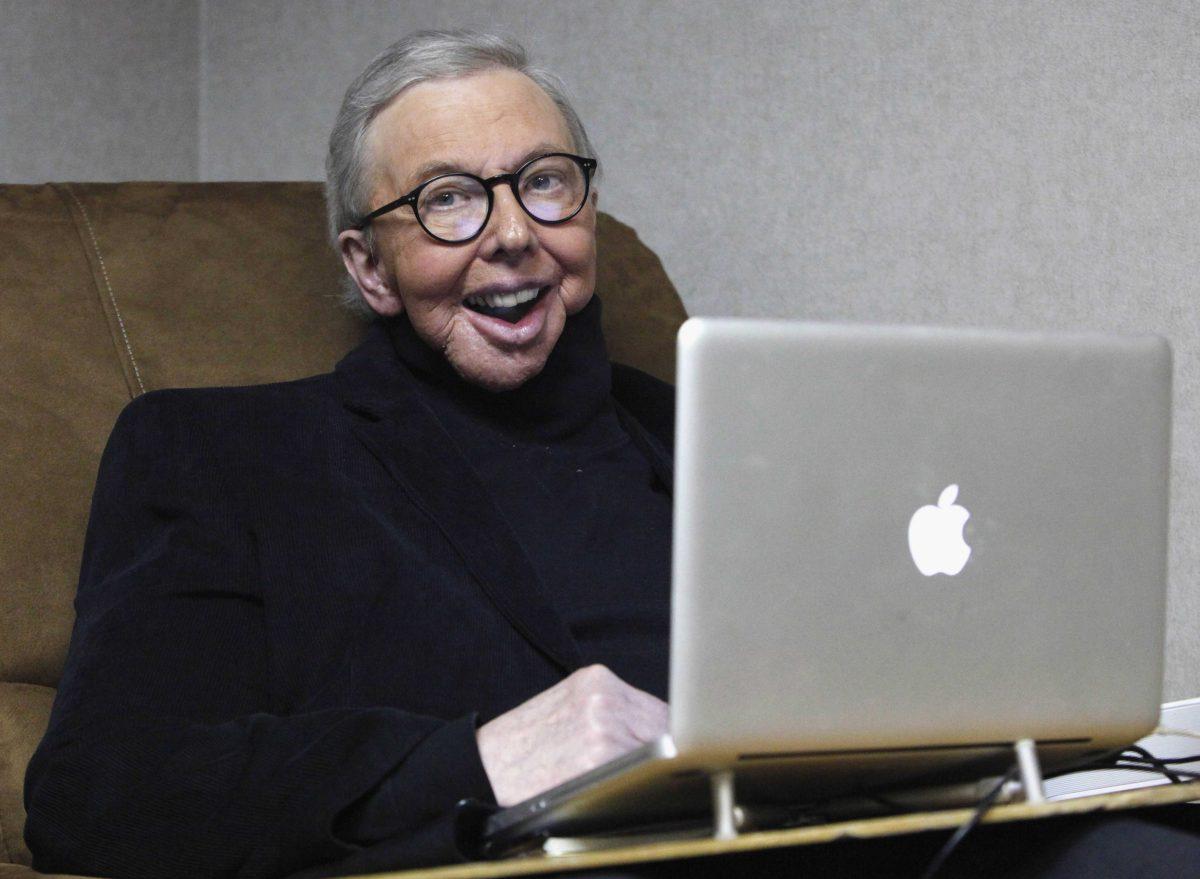Roger Ebert, easily the best-known modern film critic, passed away Thursday due to complications from cancer.
The Pulitzer Prize-winning critic is widely praised for his ability as a writer and film critic and leaves behind a legacy that will not be soon forgotten, with a career that stands as a paragon for critics of all sorts.
Ebert originally received national recognition as the co-host of the long-running “At the Movies” television series, on which he, Gene Siskel and later Richard Roeper brought thoughtful and intelligent criticism to the masses; famously making an art out of giving “thumbs ups,” long before Facebook capitalized on the gesture. Ebert brought an open-minded perspective to the forefront, using his clout to champion lesser-known directors and films throughout his career.
In 2002, Ebert was diagnosed with thyroid cancer and fought the disease on and off until the end. He eventually was forced to resign from his television series due to loss of speech, which resulted from the surgical removal of his lower jaw. And though he lost his ability to speak, he remained as salient as ever by continuing to post on his Chicago Sun-Times blog, serving faithfully as a beacon of quality film.
The critic, in fact, found a new voice late in life as a tweeter, bringing refreshing eclecticism to the 140-character soapbox. He often used the site to air his various social and political views, along with his occasional New Yorker cartoon caption contest entries.
When Ebert started his career in 1967, the high-speed dissemination of information was a far-off dream. Now, in a digital age in which everyone can be a critic , it’s important to remember the notability of such well-composed and measured criticism as Ebert’s. In an age of upvotes, likes and social media that merely suggest conversation without actually engaging, Ebert’s work serves to remind us of the importance of real discussion.
He has deservingly come to represent that sacred moment in the theater when the lights go up and the credits begin to roll. After all, seeing the movie is only half the fun — the ensuing conversation is just as rewarding.
Ebert knew this, and his work reflected the genuine curiosity and passion that keeps people coming back to the movies again and again. Where would we self-made Internet-age critics be without such an authoritative voice in criticism to strive toward?
Ebert’s passion and respect for the medium of film has left an enduring mark on the world of cinema and criticism and he deserves every ounce of reverent praise.




